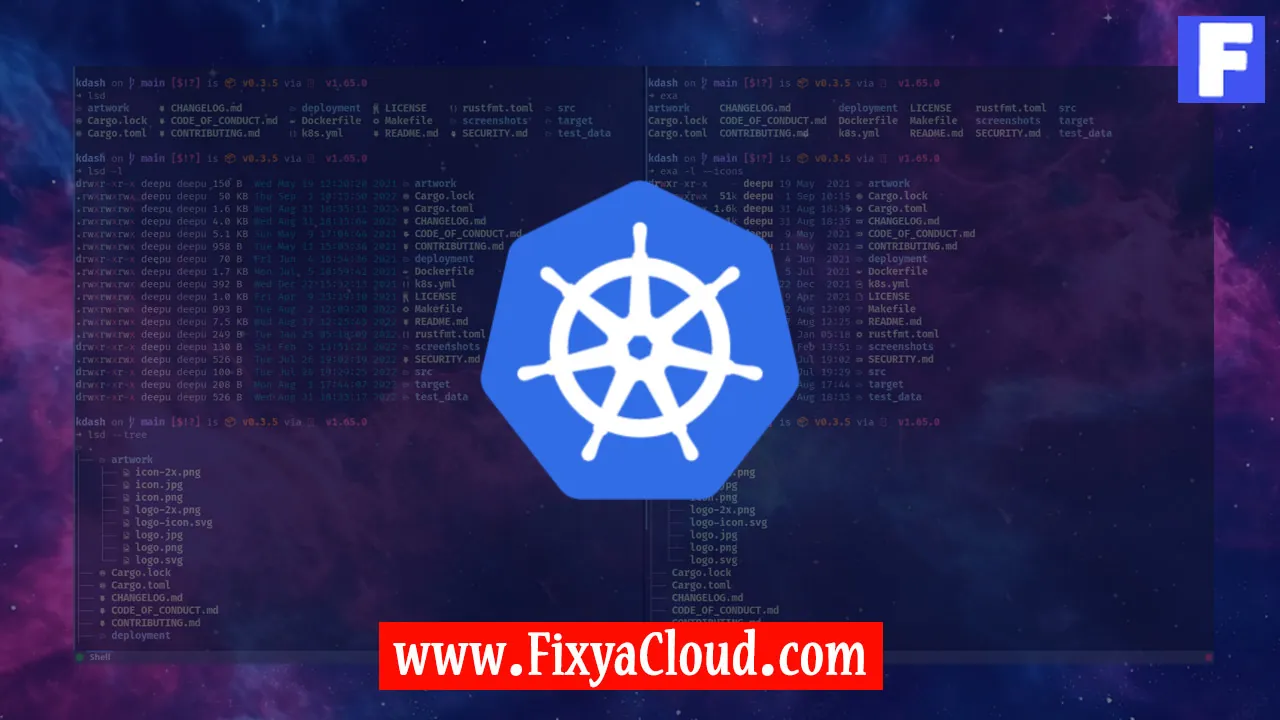Mastering Kubectl: Unraveling Events and Sorting By Time

In the dynamic landscape of Kubernetes management, staying informed about the events within your cluster is crucial for maintaining optimal performance and troubleshooting potential issues. Kubectl, the command-line tool for interacting with Kubernetes clusters, offers a robust set of functionalities, and one of the key features is the ability to retrieve and analyze events. In this article, we'll delve into the intricacies of using Kubectl to fetch events and demonstrate how to sort them by time for a more insightful perspective on your cluster's activity.
Decoding the Kubernetes Event Stream
Kubernetes events provide a chronological record of activities within a cluster, offering a valuable resource for administrators and developers alike. Whether it's tracking resource allocations, identifying failing pods, or monitoring changes, understanding how to leverage Kubectl to retrieve and sort events is a fundamental skill.
Getting Started: Basic Kubectl Event Retrieval
To initiate the journey into Kubernetes events, let's start with the fundamental command to retrieve all events:
kubectl get events
This basic command provides a comprehensive list of events in your cluster, offering details such as the event type, reason, involved object, and timestamp.
Sorting by Time: Unveiling Chronological Insights
Now, let's elevate our understanding by sorting these events based on time, allowing us to pinpoint the chronology of activities. The key flag here is -sort-by, which enables us to sort events by a specific field. In our case, we'll focus on sorting by the event timestamp:
kubectl get events --sort-by='.metadata.creationTimestamp'
This command fetches events and arranges them in ascending order based on their creation timestamp. The dot notation is used to access the specific field within the event metadata.
Step-by-Step Guide: Navigating the Kubectl Event Landscape
Retrieve All Events:
kubectl get eventsStart by fetching a comprehensive list of events in your cluster.
Sort Events by Time:
kubectl get events --sort-by='.metadata.creationTimestamp'Dive deeper into the chronological order of events by sorting them based on their creation timestamp.
Customizing Output:
Tailor the output to suit your needs by using additional flags such as--namespaceor--field-selectorto filter events based on specific criteria.
More Examples: Fine-Tuning Your Event Queries
Filter Events by Namespace:
kubectl get events --namespace=<your_namespace> --sort-by='.metadata.creationTimestamp'Restrict events to a particular namespace for a more focused view.
Filter Events by Type:
kubectl get events --field-selector type=Normal --sort-by='.metadata.creationTimestamp'Focus on specific event types, such as 'Normal' or 'Warning,' to streamline your analysis.
Navigating Kubernetes Events with Precision
In the ever-evolving Kubernetes ecosystem, understanding how to navigate and interpret events is indispensable. By mastering Kubectl commands for event retrieval and sorting, you gain a powerful tool for maintaining the health and efficiency of your cluster.
Related Searches and Questions asked:
That's it for this topic, Hope this article is useful. Thanks for Visiting us.
